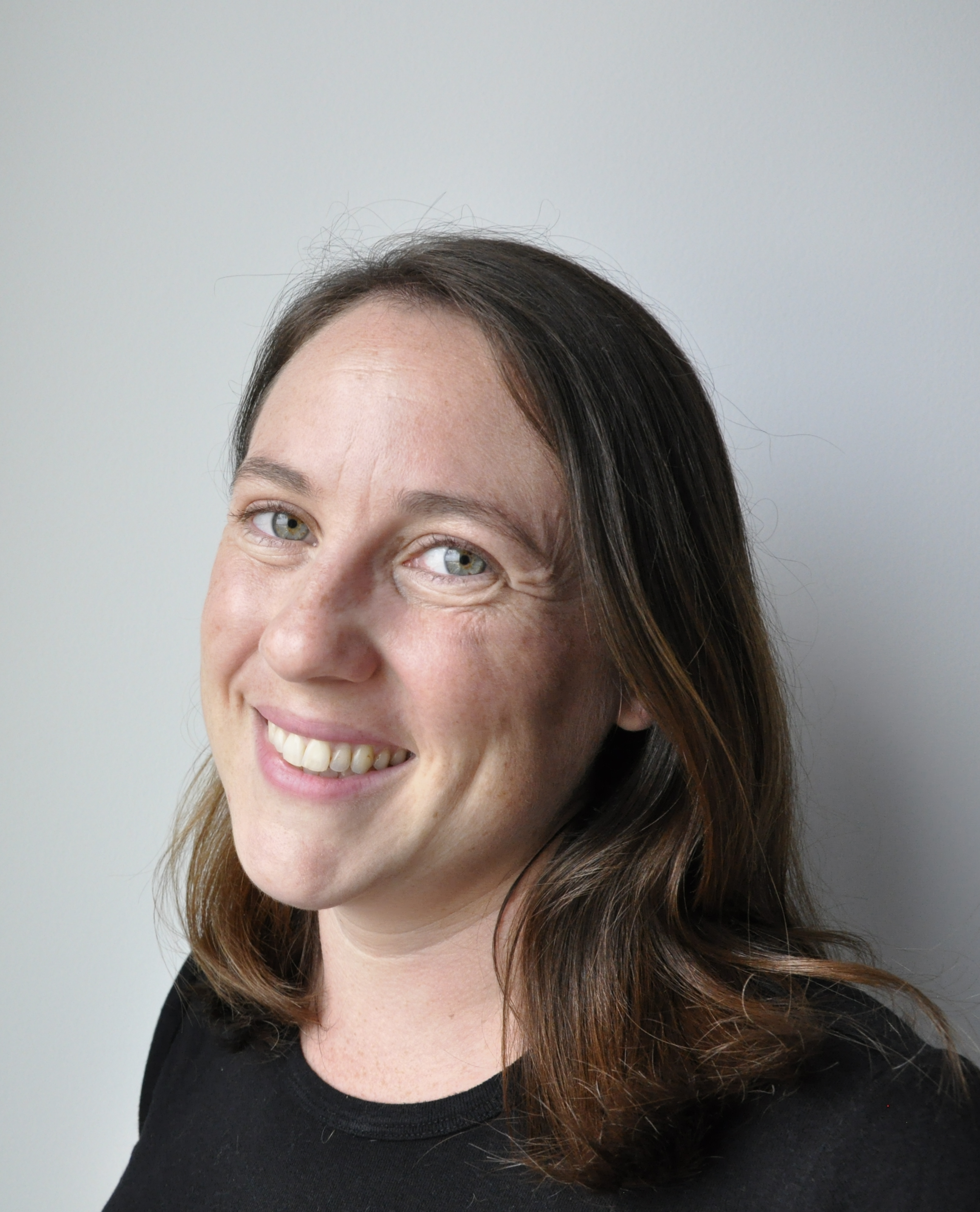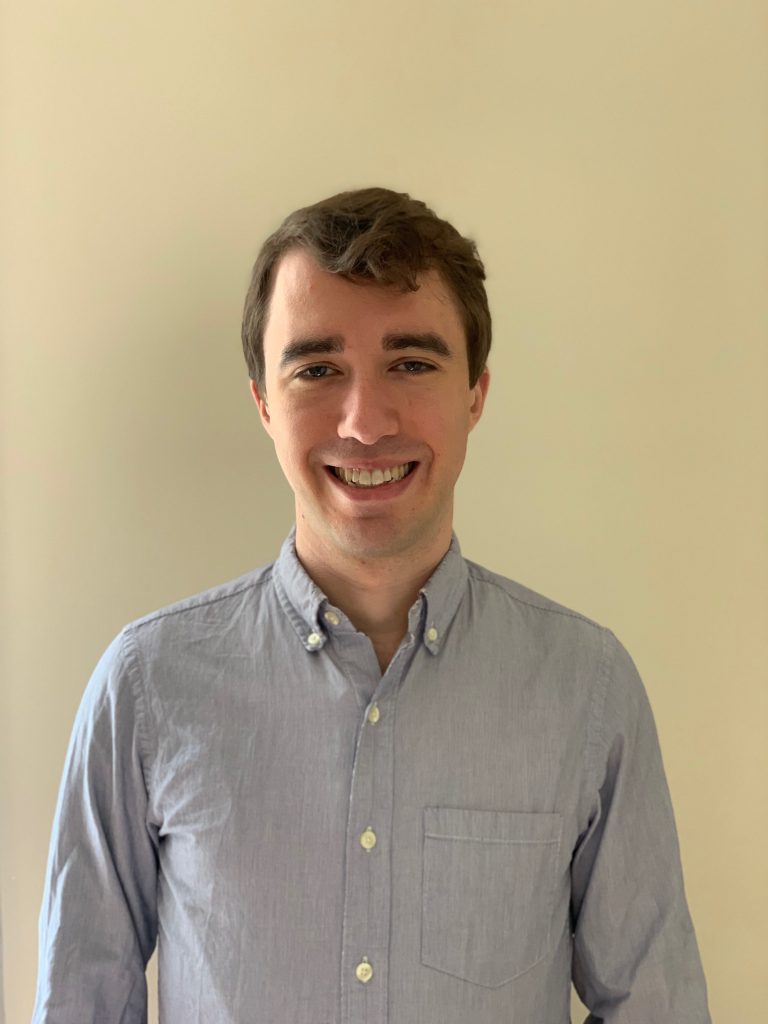Lily Mellitz ’26
Executive Features Editor
Dr. Teri Incampo ’12 returned to her alma mater in 2022 as a Visiting Assistant Professor of Theater and Dance. Her journey—from a curious undergraduate majoring in Theater and Dance to a scholar specializing in the portrayal of race, class and femininity on stage—illustrates the transformative power of education and the deep connections she has maintained with Trinity.
Born and raised in Denver, Colorado, Incampo grew up in a community where most of her peers stayed local. However, she told the Tripod that she knew she wanted “to go some place completely different.” With family ties in Connecticut, Incampo began exploring east coast colleges, and her grandmother’s suggestion led her to Trinity. During her admissions interview, she was excited to learn about the Trinity LaMaMa performing arts program and Trinity’s partnership with the Wadsworth Atheneum. But what truly sealed her decision was seeing students engaged in summer research and meaningful conversations with faculty, offering the close-knit academic community she sought.
Initially planning to major in Art History, Incampo’s path took a turn after participating in a theater production that sparked an unexpected passion. “I never felt […] more alive as a student than when we were in the rehearsal studio,” she recalled. Under the guidance of Professor Mitchel Polin, she was introduced to innovative devising methods that incorporated body work, text analysis and adaptation—experiences that reshaped her academic journey.
Her time at Trinity was also deeply influenced by key faculty members, including Michael Preston, Barbara Parker and Polin, all of whom played a pivotal role in her development. They guided her through the complexities of theater, from performance theory to physical acting. “Those three professors [were] incredibly influential,” Incampo reflected. “Being in the seminar room with the faculty who were teaching at Trinity during my time made me realize that I wanted to be in the classroom forever, but not as a student.”
After graduating Trinity in 2012, Incampo spent four years living abroad and in Boston, where she worked as an administrative assistant at Northeastern University. She co-founded a theater company called Exiled Theatre, which helped her rediscover her love for dramatic literature and performance theory, and eventually pursued a Ph.D. in Theater History and Performance Studies at Tufts University.
“I don’t have anybody in my family that has ever gotten a Ph.D., so I really didn’t have somebody I could go to and […] ask them to mentor me through the process,” Incampo shared.
Despite the challenges, her graduate studies opened new doors and introduced her to exciting areas of research that would form the foundation of her career. Now, Dr. Incampo’s research focuses on the portrayal of Black actresses in mainstream American entertainment from the late 19th and 20th centuries.
“My research argues that [these actresses] are subverting some of the stereotypes that they’re being asked to replicate on stage through their facial expressions, their comedic timing, their body language,” Incampo explained. “The way they’re reading these scripted lines are sometimes actually pointing to the falseness or the artifice of these stereotypes that are coming out of what white screenwriters are producing or white directors want them to do. And they’re doing this really creative and careful kind of subversion. They can still stay employed in this industry, but they’re not wholesale replicating problematic stereotypes.”
Incampo also uncovered the challenges of incomplete archives, especially regarding Black actresses in the entertainment industry. She realized how many voices were overlooked or excluded from historical documents, prompting her to rethink traditional research methods. Her forthcoming book addresses these gaps and encourages scholars to adopt creative, interdisciplinary methodologies in their historical work. “If the archive is incomplete, we have to get creative about how we’re filling those gaps in our research,” Incampo stressed.
Incampo returned to Trinity College in the midst of the Covid-19 pandemic, initially teaching remotely via Zoom from her living room. Though she wasn’t physically on campus until the 2021-2022 school year, the transition allowed her to reorient herself to both the community and the campus she hasn’t stepped foot on in years.
“When you’re a new faculty member at an institution where you haven’t been before, it’s a different acclimation process [where] you have to learn the names of places, systems, culture,” Incampo explained. “I feel like I was able to fast track [with Trinity].”
Reflecting on how the college has evolved, Incampo noted its efforts to diversify the student body.
“I look around my classrooms and I see people who are coming from different geographical and cultural experiences and specific specificities in a way that I don’t think I really saw as an undergrad,” Incampo shared. “We don’t grow from places of comfort or from things that are similar. We grow from places of feeling decentered, heard or unfamiliar, or wanting to lean in as opposed to lean back in comfort, lean in, and sort of a curiosity.” This diversity, Incampo believes, enhances the learning environment by fostering the exchange of varied perspectives.
Amid post-pandemic shifts, Incampo is committed to adapting her teaching methods for today’s students. “I have pushed myself to better understand the learning needs of students at this stage,” she acknowledged. “I had to remind myself that the way I learned is not what a student in 2024 might need.” To adapt, she has embraced digital tools and creative assessments, balancing tradition with innovation. “We’ll still write papers or have written assignments because that is […] a cornerstone of the liberal arts, but I’m also thinking more about how digital platforms can be used for knowledge production.”
When asked about the importance of the arts, Incampo stated, “What we do here in theater and dance is train and study the art of storytelling.” She emphasized the distinctive power of live performance in an increasingly digital world. “Theater requires live engagement—a conversation, an energetic exchange that can only happen in the moment. I truly believe that while we benefit from experiencing stories in other mediums, ultimately, the reason theater has continued to exist [for] thousands of years […] is because we need these stories.”





+ There are no comments
Add yours